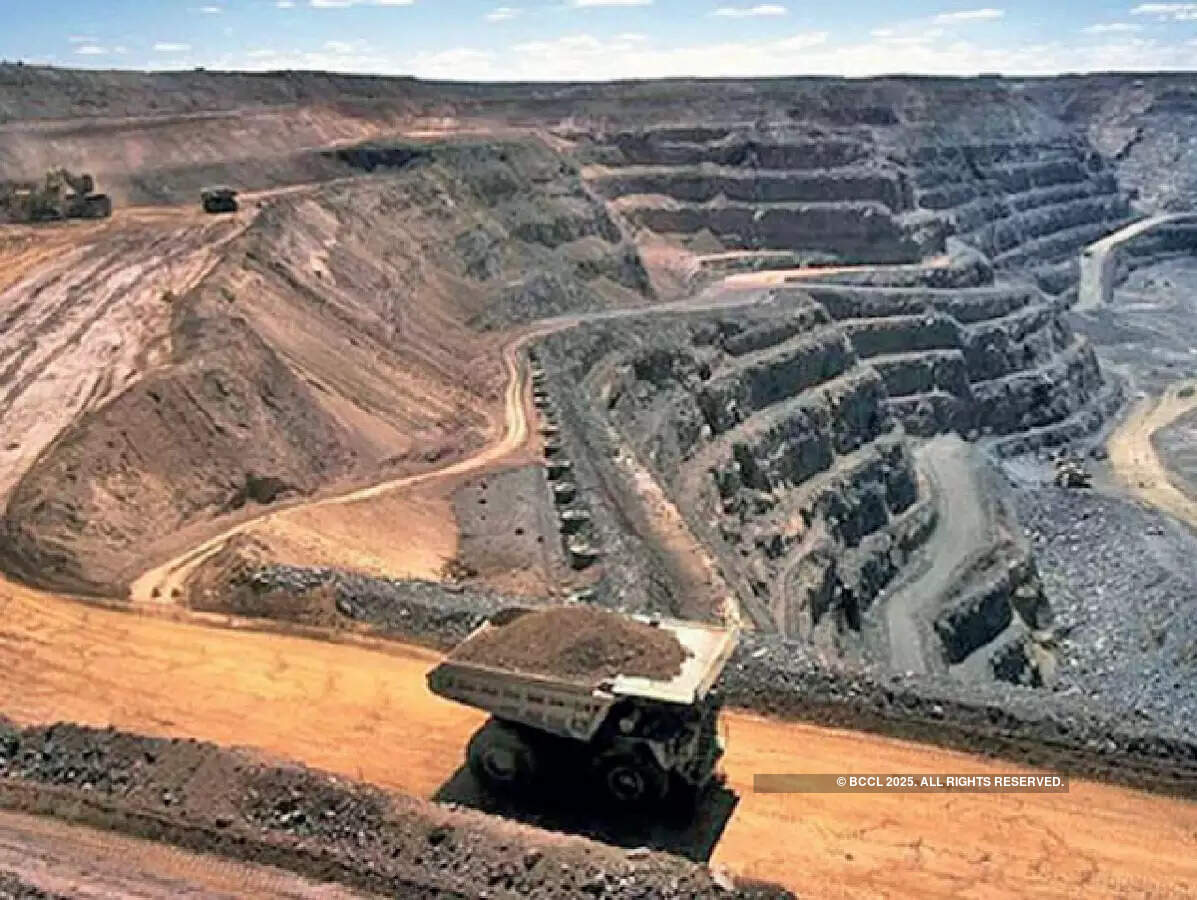
The Union Cabinet on Wednesday approved royalty rates for three critical and strategic minerals, Information and Broadcasting minister Anurag Thakur said.
The decision on royalty rates of critical minerals comes after Mines Secretary Vivek Bharadwaj announced in September that the government will start the auction of critical mineral mines in a few weeks
The approved royalty rates for lithium, Niobium and REE are 3%, 3% and 1%, respectively.
In August, there were reports of India getting prepared to start the auction process for some 100 critical mineral blocks. According to a Bloomberg report, Bharadwaj had revealed that the blocks that are being prepared for auction includes nickel, lithium, cobalt and platinum, along with rare earths.
“The legal framework has been laid out and the blocks have been identified,” Bloomberg had quoted Bharadwaj as saying. The tender seeking bids is expected to be out by December and auctions may start three months later, he added.
Mineral royalty is the economic rent due to the sovereign owner (government) in exchange for the right to extract mineral substances.
According to a Centre for Social and Economic Progress (CSEP) report, India’s mineral royalty rates are among the highest in the world, thus, impacting the competitiveness of the mining sector. “The royalty payments over and above the auction premia put a heavy burden on the mining companies. Adjusting the rates in alignment with the global best practices will facilitate investment and development in the mining sector. Lower royalty rates would encourage future exploration and production of minerals in India,” it stated.
India had changed its mining rules in July in a bid to boost exploration of some critical minerals like lithium by allowing private miners to search for the materials. The reforms will be key for auctioning lithium blocks recently identified in Jammu and Kashmir, and Karnataka state.
State-run enterprises have been actively scouting the globe in search of these valuable mineral resources. Meanwhile, prominent energy giants like Coal India Ltd. and NTPC Ltd. are meticulously strategizing their foray into the mining sector to tap into these essential materials. Additionally, the establishment of Khanij Bidesh India Ltd., a joint venture involving three government-owned companies, further underscores India’s commitment to securing critical mineral assets on an international scale, with a primary focus on regions such as Australia and South America.
In September, Reuters had reported, citing sources, that the auction for Jammu and Kashmir’s lithium reserves will take place in the next few weeks.
India has been exploring ways to secure supplies of lithium, a critical raw material used to make electric vehicle batteries, in February found its first lithium deposits in Jammu and Kashmir with estimated reserves of 5.9 million tonnes.
“The auction will happen soon and some overseas miners have shown interest,” Reuters quoted a government official as saying. However, no official comments were made by the mines ministry on the issue.

